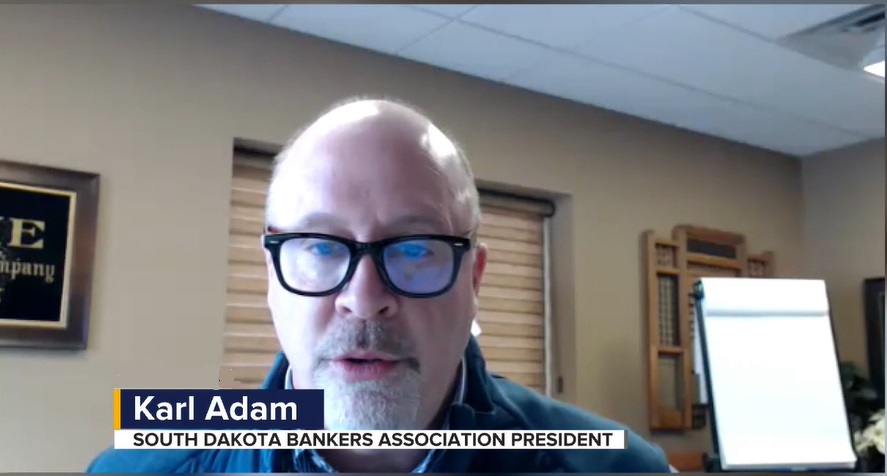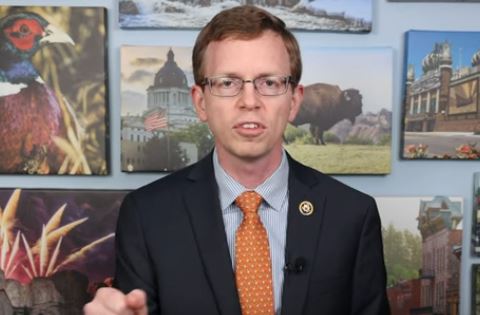PIERRE, S.D. – Unpaid medical bills will no longer appear on credit reports, where they can block people from mortgages, car loans or small business loans, according to a final rule announced by the Biden administration.
The Consumer Financial Protection Bureau rule will remove $49 billion in medical debt from the credit reports of more than 15 million Americans, according to the bureau, which means lenders will no longer be able to take that into consideration when deciding to issue a loan.
The change is estimated to raise the credit scores by an average of 20 points and could lead to 22,000 additional mortgages being approved every year, according to the bureau. Vice President Kamala Harris said in a statement announcing the rule that it would be “lifechanging” for millions of families.
However, Karl Adam, South Dakota Bankers Association President, is not convinced this change is as good as it sounds.
He said that it’s important that all information pertaining to debt is listed on these reports.
“If you don’t, what happens is the bank could be in a position to have a loan that may not meet its credit underwriting criteria, as a result of that the individual may have difficulty paying,” Adam said.
In return, this would hurt the customer by putting them in a position of delinquency.
South Dakota congressional senator Mike Rounds sent a statement to Dakota News Now, rebuking the ruling.
“This week, the CFPB in the last few days of the Biden administration, published a final rule to eliminate medical debt from credit reports. While this may sound good, it will make the credit picture less accurate and have serious implications for consumers. Low income consumers may lose access to credit and health care organizations may move to an immediate payment model.
This rule does nothing to address the underlying problem of high costs of medical care – and instead creates new barriers for low-income Americans. Moreover, all three credit bureaus currently do not report on nominal medical debt.
This is just an example of the CFPB’s latest power grab under the leadership of Director Chopra. I look forward to working with President Trump’s choice for CFPB Director to undo the Biden administration’s misguided rule.”
Adam said people should familiarize themselves with how banks operate.
“It’s important to understand that banks are in the business to make loans not to not make loans, but in order to have a clear and concise picture of an individual’s full financial history it’s important to have all that information,” Adam said.
Data from the Peterson-KFF Health System tracker indicates that nearly 18% of South Dakota Adults have medical debt, the highest percentage of any state.
Adam said this is debt that still has to be paid with a plan.
“Oftentimes if you have a good, longstanding relationship with your bank and your lender, those types of things are not insurmountable, they can be worked through.”
The rule is set to take effect in March of this year.
There is still a possibility that President-Elect Donald Trump could prevent this ruling from taking place.
In August of last year, several house republicans expressed concern about increased risk in the financial system in a letter they sent to the CFPB’s bureau director.












